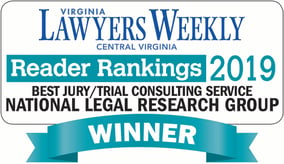- Our Services
- Why Choose Us
- Why Not AI?
- Our Attorneys
- Fees
- Testimonials
- Legal Content
- Blogs
- Business Law Legal Research
- Civil Procedure
- Criminal Law Legal Research
- The Employment Lawyer
- Employment Law Legal Research
- Family Law Legal Research
- The Lawletter
- Personal Injury and Insurance Law Legal Research
- Products Liability Law Legal Research
- Property Law Legal Research
- Public Law Legal Research
- Trusts & Estates, Wills, and Tax Law Legal Research
- Submit a Case



